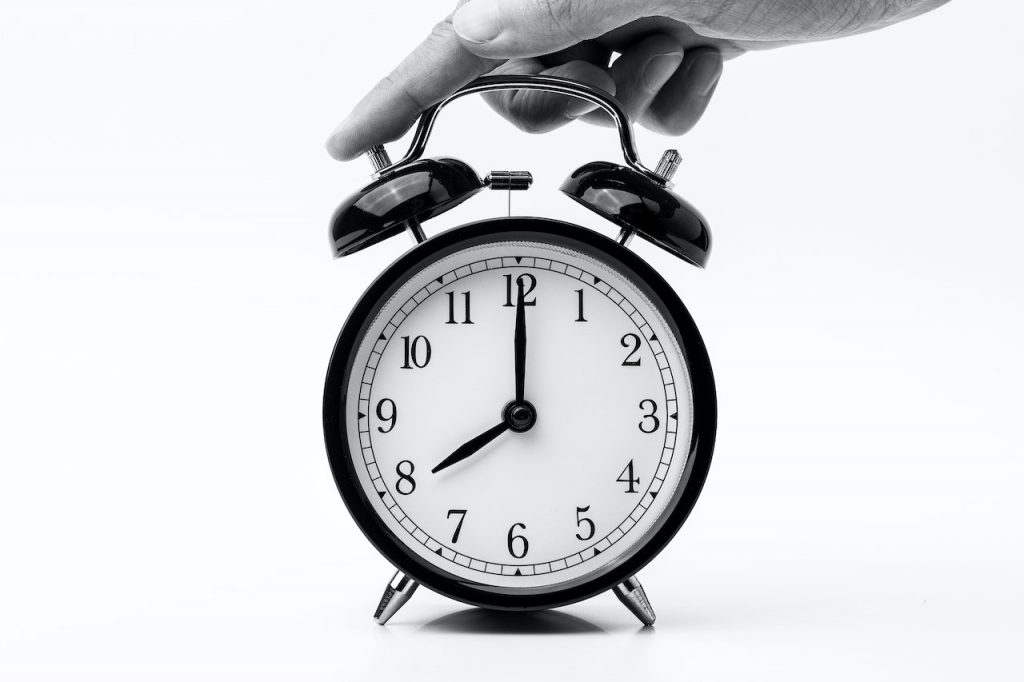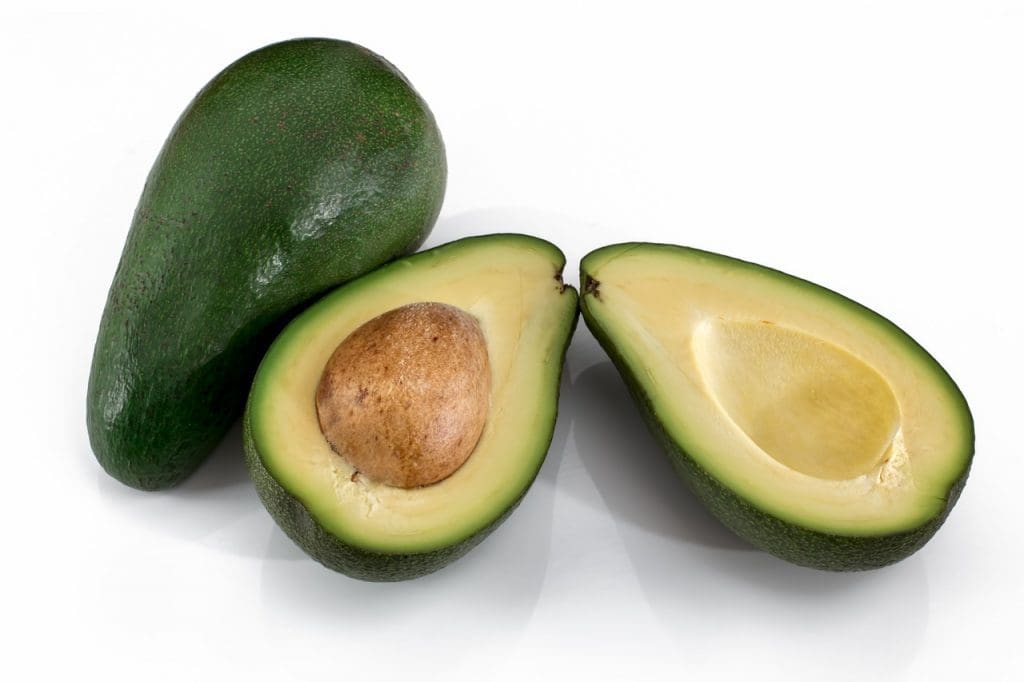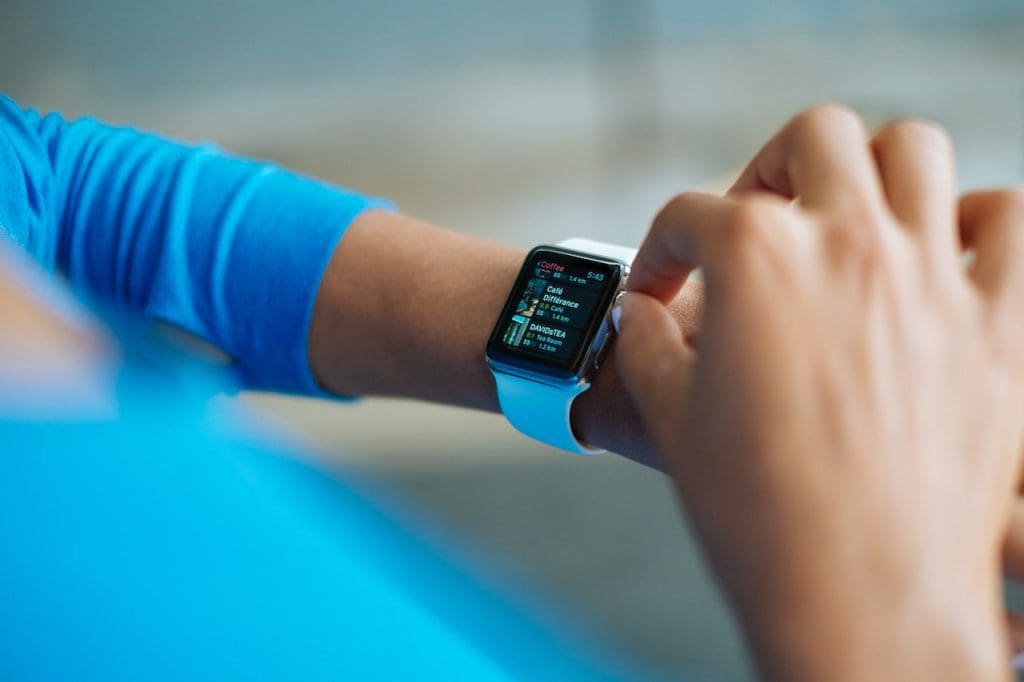Estimated reading time: 7 mins
When it comes to counting calories, there is no one-size-fits-all answer. Depending on your individual health goals and lifestyle, calorie counting can be either a helpful tool or an unnecessary hassle. To make sure you’re making the right decision for yourself, it’s important to understand when counting calories can be beneficial and when it might not be worth the effort.
Most People Underestimate the Calories they Consume
Most people underestimate the amount of calories they eat every day. This is because they are unaware of the actual calorie content of their food or because they overestimate their physical activity and underestimate the amount of food that they have consumed. This can lead to weight gain, health issues, and an overall lack of energy throughout the day.
To begin with, people may not be aware of how many calories are in certain foods. For example, a person may think that a serving size is much smaller than it actually is or that something contains fewer calories than it does. Overestimating portion sizes can be a major contributor to underestimating calorie intake as well as not knowing what counts towards caloric intake (such as added sugars). Additionally, people often fail to take into account all of the sources from which they receive calories such as condiments and snacks throughout the day.
Another contributing factor to underestimating caloric intake is believing that physical activity will offset any extra calories consumed during the day. While exercise plays an important role in maintaining healthy body weight, it cannot always counteract an excessive amount of food consumption over time. People often forget that even if they did some form of exercise today, their bodies are still storing excess energy for later use – meaning those extra calories will still count against them in terms of reaching their fitness goals.
Finally, people tend to underestimate how much they have eaten because they do not pay attention to all small snacks and drinks throughout the day or because they eat too quickly without realizing how much was consumed at each mealtime. This can especially be a problem if someone has multiple meals per day since it can add up quickly without them realizing. Eating mindfully instead by focusing on eating slowly and paying attention to portion sizes can help reduce overall calorie intake while ensuring hunger satisfaction at mealtimes throughout the day.
When You Should Count Calories
If you have specific health goals in mind, such as losing weight or building muscle, then tracking your caloric intake can help you stay on track. For example, if your goal is to lose 1 pound per week, then you should aim to consume 500 fewer calories each day than what you need to maintain your current weight. Counting calories helps ensure that this deficit is met each day and keeps your weight loss steady over time. Tracking your food intake also makes it easier to identify any unhealthy eating habits. Or areas of improvement in order to reach your goal more efficiently.

In addition, if you have a medical condition that requires a certain diet such as diabetes or celiac disease then take note. Tracking what you eat can ensure that dietary requirements are met without going overboard on unhealthy foods. Calorie counting also allows people with chronic illnesses to monitor their energy levels. So they know how much activity they can do without pushing themselves too hard.
When You Shouldn’t Count Calories
For many people who don’t have specific health goals in mind, tracking every single calorie may do more harm than good. Not only does this practice take up valuable time and energy but it can also lead to feelings of guilt and anxiety around food choices—which could ultimately cause more harm than good in the long run. Additionally, focusing too much on numbers rather than nutrient density could prevent individuals from consuming essential vitamins and minerals that their bodies need for optimal functioning which could lead to deficiencies down the line.


Furthermore, if someone has had an eating disorder in the past then calorie counting may trigger disordered thoughts about food and body image which could worsen existing mental health issues or lead to relapse into disordered behavior patterns. Therefore, those with a history of eating disorders should consult a healthcare professional before beginning any sort of diet plan that involves tracking caloric intake (or abstaining from certain foods).
A Note on Intermittent Fasting
Are you intermittent fasting? Calorie counting is not necessarily important when it comes to intermittent fasting. This is because intermittent fasting does not rely on a specific calorie restriction to be effective. Instead it focuses on limiting food consumption to certain time periods. Intermittent fasting has been proven to have numerous health benefits, such as weight loss, improved metabolic health, and improved insulin sensitivity, without having to obsessively count calories.
Calorie counting can be a tedious and time-consuming task that can lead to an unhealthy preoccupation with food and caloric intake. This can lead to an unhealthy relationship with food, which can be detrimental to one’s health. Intermittent fasting allows you to focus on the quality of the food you are eating, rather than the quantity. By focusing on eating nutritious, whole foods during intermittent fasting (such as avocados), you can still maintain a healthy diet without having to worry about counting calories.


Intermittent fasting also helps to naturally reduce calorie intake by limiting the amount of time you have available to eat. This can help to reduce cravings and prevent overeating, as there are fewer opportunities to consume food. Additionally, intermittent fasting can help to reduce appetite and increase satiety, which can help to reduce caloric intake without having to count them.
How to Track Calories using Technology
Tracking calories with technology is an incredibly useful and efficient way to monitor your dietary intake. The ability to accurately and conveniently record what you eat each day is a valuable tool for those looking to achieve their nutrition goals. With the right tools, tracking calories can be easier than ever.
Pick an App
The first step in tracking calories with technology is to find a suitable app or program that meets your needs. There are a variety of calorie-tracking apps and programs available, some of which are free and some of which are paid. The advantage of using a paid app or program is that they often have more features than the free ones, such as barcode scanning, meal planning tools, and even access to nutrition databases. I use an app called FatSecret on my iPhone.
Begin recording
Once you’ve chosen your calorie-tracking app or program, the next step is to start entering the foods you eat. Most apps allow you to search for a specific food item and then enter the amount you’ve consumed. If the food isn’t in the app’s database, you can typically enter it manually. Some apps even allow you to scan the barcode of a food item to quickly enter the nutritional information. Additionally, some apps have a built-in calculator to help you figure out the calories in a food item based on the ingredients.


Break it down
If you’re looking for a more detailed tracking system, some apps allow you to input your meals by the ingredient. This allows you to accurately track not only how many calories are in each food item, but also the amount of each nutrient that is included. Additionally, many apps will connect with fitness tracking devices such as Fitbits and Apple watches so that you can use this data to get an even more accurate picture of your calorie intake.
Set a goal
Once all the data has been entered into the app or program, it will generate a daily calorie goal for you to strive towards. My goal is 2,600 per day. This number can be adjusted depending on whether or not you’re trying to gain muscle mass or lose weight. The app should also provide a detailed breakdown of your macronutrient intake (carbohydrates, fats and proteins) so that you can properly balance them according to your goals.
Review
Tracking calories using technology is an effective way to monitor what we eat and make sure we’re meeting our nutrition goals. By selecting the right app or program and entering accurate nutritional information for each food item consumed, users can easily keep track of their intake. This willensure they stay within their desired caloric range, or adjust accordingly.
Conclusion
Overall, whether or not someone should count calories depends entirely on their individual goals and lifestyle needs—no two people will have exactly the same approach towards nutrition and exercise! For some individuals who are looking for targeted results (such as weight loss/muscle gain), tracking daily caloric intake can be an incredibly helpful tool for reaching those goals—just make sure not to get too caught up in numbers at the expense of overall wellbeing!
